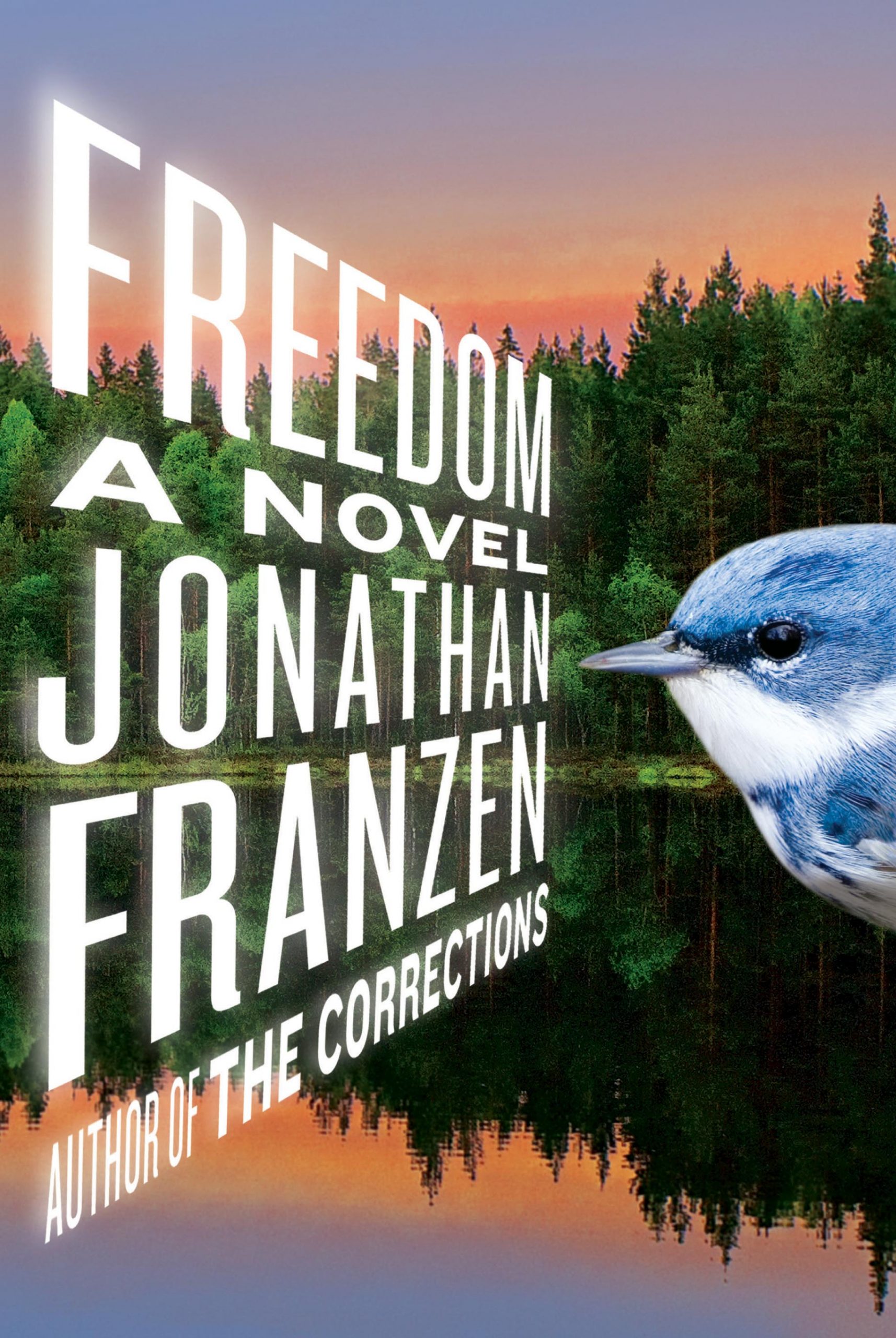 Each day leading up to the March 10 announcement of the 2010 NBCC award winners, Critical Mass highlights one of the thirty-one finalists (to read other entries in the series, click here). Today, NBCC board member David L. Ulin discusses fiction finalist Jonathan Franzen's Freedom (Farrar, Straus and Giroux).
Each day leading up to the March 10 announcement of the 2010 NBCC award winners, Critical Mass highlights one of the thirty-one finalists (to read other entries in the series, click here). Today, NBCC board member David L. Ulin discusses fiction finalist Jonathan Franzen's Freedom (Farrar, Straus and Giroux).
Jonathan Franzen’s Freedom is a book that picks up, in many ways, where his 2001 novel The Corrections left off. Like its predecessor, it represents an attempt at a contemporary social novel, but its real purpose is an evocation of family, of the ties that bind us and the unbridgeable nature of our differences. Revolving around Walter and Patty Berglund, urban homesteaders who, in the 1980s, move to the crumbling core of St. Paul, Minnesota, to raise their children, it is a long book built around that most common, and difficult, of themes: the complexity of the human heart. The intent is to explore the unresolved tensions, the messiness of emotion, of love and longing, that possesses even the most willfully ordinary of lives.
Such material has become Franzen’s bread-and-butter, his dark materials, as it were. In The Corrections, he dissected the small hurts and unresolved cruelties of the middle-class family with savage acuity, and in Freedom, he sharpens his investigations, avoiding the excesses of the earlier novel in favor of a more sober point-of-view. Partly, that’s a result of all that’s happened since The Corrections, which was published barely a week before 9/11. If that book was a reaction to the 1990s, Freedom is a response to the brutal decade that has followed, in which the illusion of a post-ideological world where the vagaries of history have been rendered moot by market forces was revealed as the most self-serving sort of lie.
Were Franzen interested in easy moralizing, this is where his novel might have been derailed. Yet as in The Corrections, his mission is nothing so simple: He’s not looking for scapegoats but complexity. This allows him to portray the people here in all their irreconcilable glory, sympathetic and unsympathetic by turns. It’s a connective notion, and it applies to all his characters, who have no choice but to play out the same old dramas and conflicts across the generations, world without end, amen. In such a landscape, Walter’s difficulties with his son mirror his problems with his father, while Patty begins to see something of her mother in herself. Slowly, they move toward a quiet fulfillment as age softens their rough edges, leaving them, in some sense, reconciled. For Franzen, this is the trick: not to outgrow who we are but instead to accept it, and in so doing, to accept the world of which we are a part. That’s the freedom to which the title is referring, the freedom at the center of this consuming and extraordinarily moving book.
Click here to access Jonathan Franzen's FSG page, which includes links to reviews of Freedom. Click here to read an excerpt (via the New York Times).


